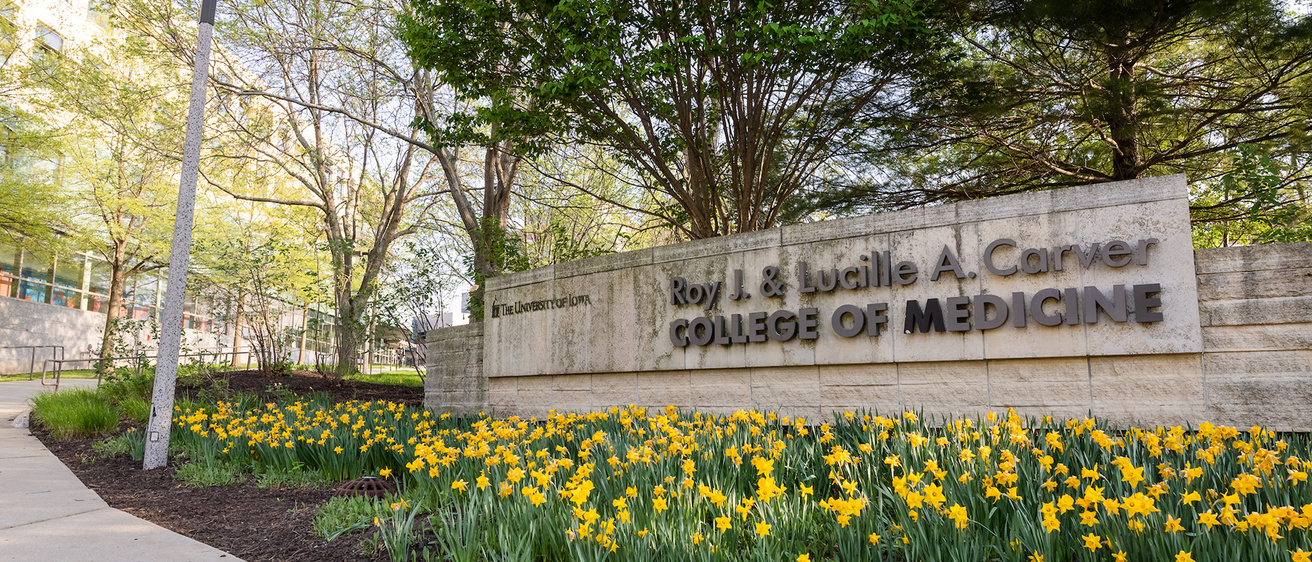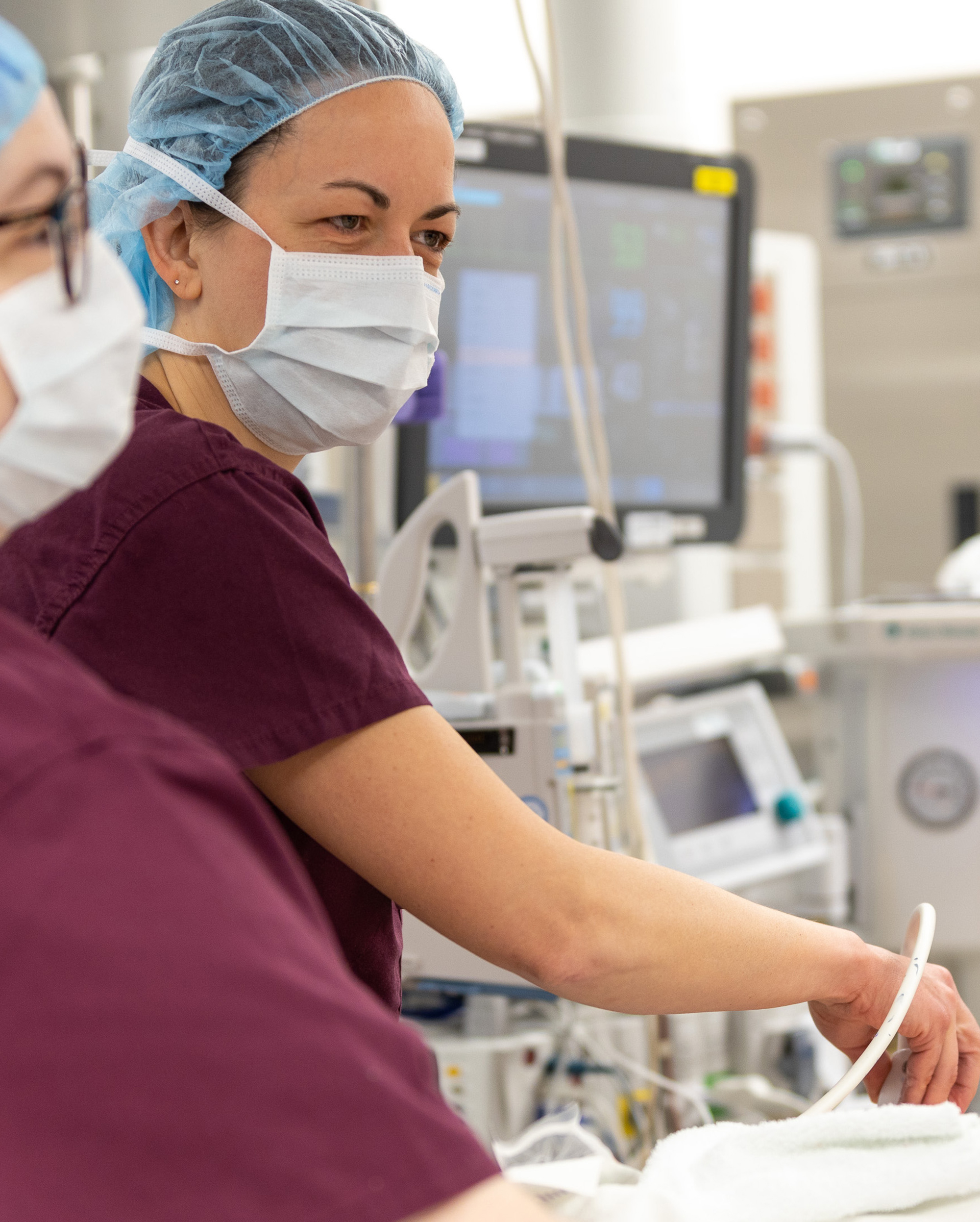Main navigation
Department of Surgery faculty participate in educational programs for first- and second-year medical students, and they support a six-week surgery clerkship for medical students and 11 different learning opportunities for fourth-year students such as surgical sub-internships in general surgery and plastic surgery, advanced surgery electives, research electives, and an interdisciplinary breast surgery rotation, to name a few.
The department currently has three ACGME (Accreditation Council for Graduate Medical Education)-accredited residencies, four ACGME fellowships, and five NST (non-standard training)-accredited (non-ACGME-accredited) fellowships.
The three ACGME-accredited residencies include:
ACGME-accredited Residencies
- General Surgery: Seven categorical residents per year. There are 3 additional PGY-1 preliminary surgery positions.
- Vascular Surgery Integrated: One resident per year.
- Plastic Surgery Integrated: One resident per year.
ACGME Fellowships
- Vascular Surgery, one fellow every other year
- Pediatric Surgery, one fellow every other year
- Surgical Critical Care, two fellows each year
- Plastic Surgery, one fellow per year
NST Fellowships
- Minimally Invasive Bariatric Surgery, one fellow per year
- Multidisciplinary Breast Surgery, one fellow per year
- Burn Surgery, one fellow per year
- Abdominal Multi-Organ Transplantation Surgery, one fellow per year
- Acute Care NST fellowship program, recruitment underway
The primary goal of the residency and fellowship training programs is to prepare each resident to be successful in the career path they choose—academics, subspecialty, rural, private practice, or other.
Graduates of the program are prepared to enter a fellowship or private practice or to continue in an academic career. The training of residents and fellows is a high priority for the faculty of the Department of Surgery. Through close supervision, the surgical staff provides teaching at each level for residents and fellows with a well-organized program of increasing responsibility from the first through the fifth years and on through fellowship. Trainees are evaluated biannually according to the ACGME Milestones evaluation tool.
A further goal of the program is to create an environment that encourages residents and fellows in scholarly pursuits. There are myriad opportunities for residents and fellows to prepare manuscripts, write chapters and book reviews, and pursue original clinical, basic science, health services, and translational research.
Why Iowa? As the premier health care institution in the state of Iowa, UI Health Care offers an abundance of mentorship opportunities from leaders in the field of medicine with unrelenting desire to make a difference in the community.
I have been particularly thrilled by the close-knit community in my program, the growing immigrant population, and avenues to cater to the medically underserved population such as the Iowa Free Medical Clinic and the student-run mobile clinic. In addition, housing is cheap, there is no traffic, and there are always pockets of new restaurants to try in Iowa City and surrounding areas. I am very fortunate to be here!
Questions?
Have a question about our education and training options? Our team is here to answer any questions that you might have.

